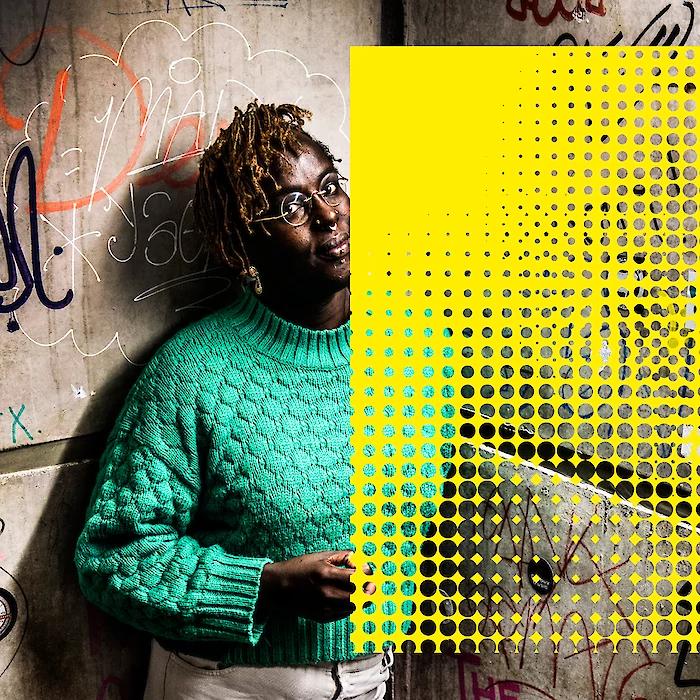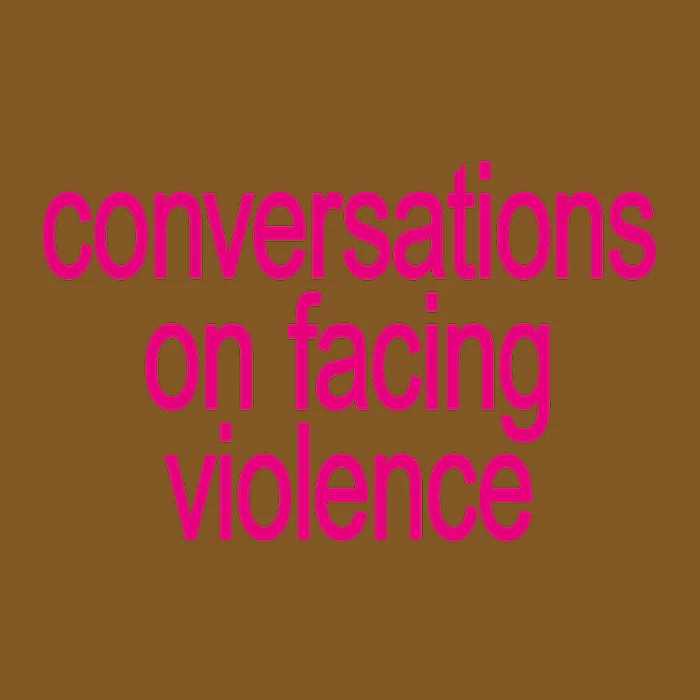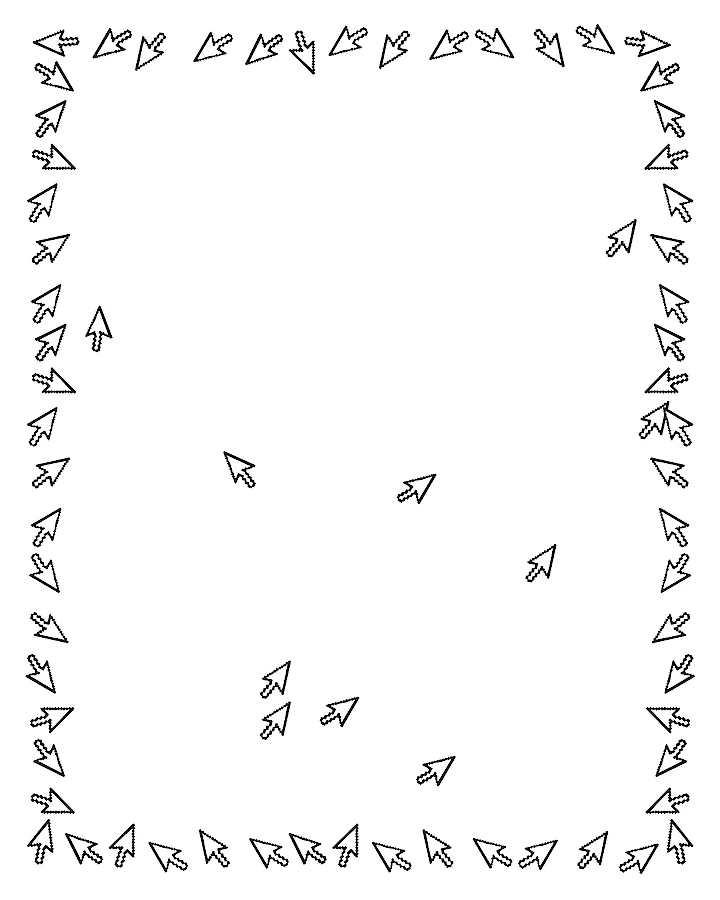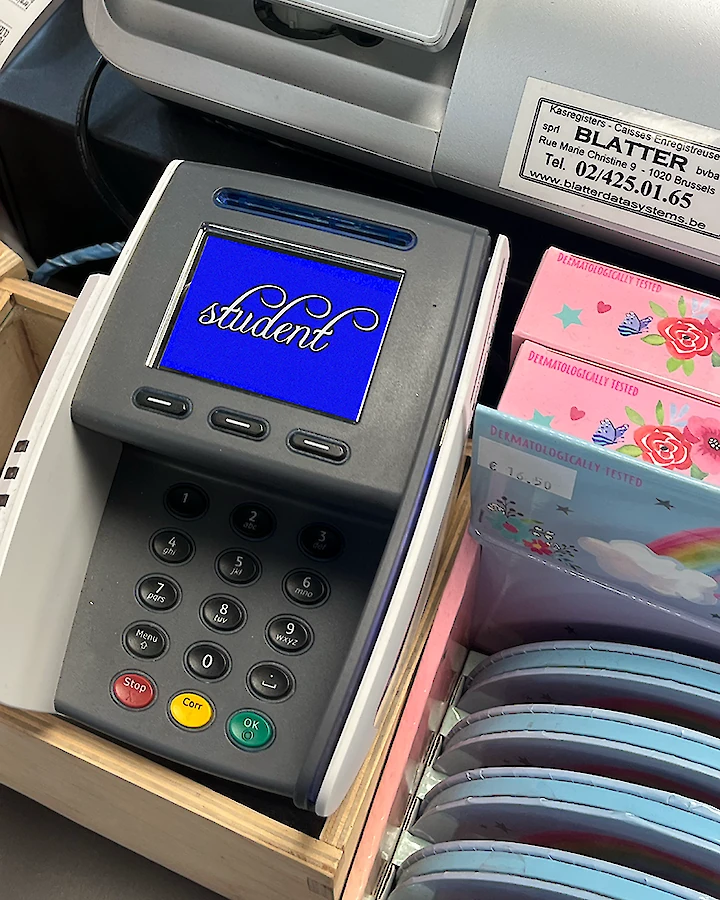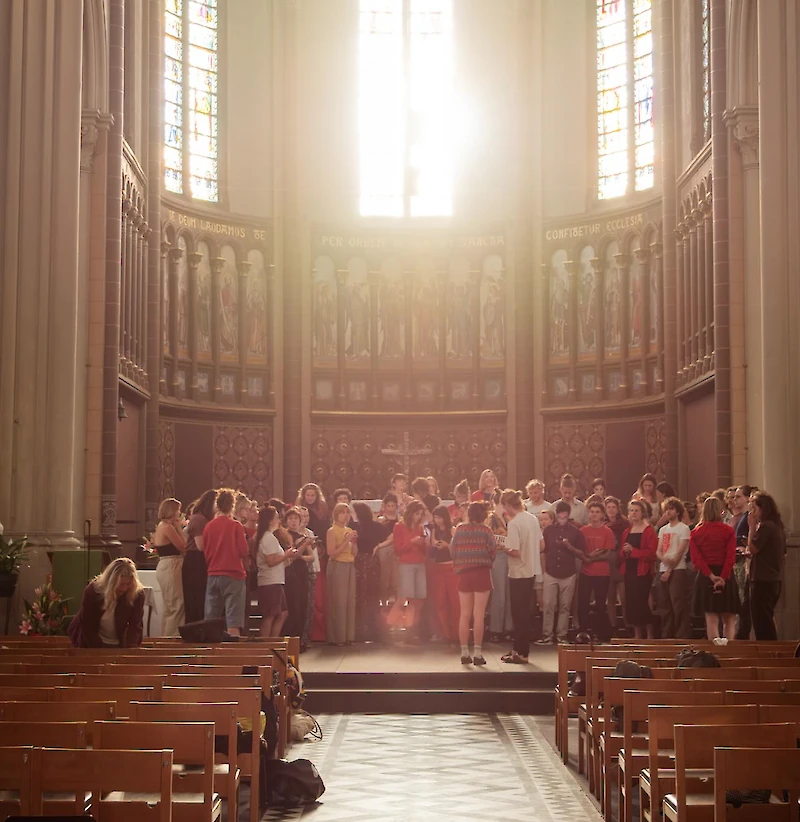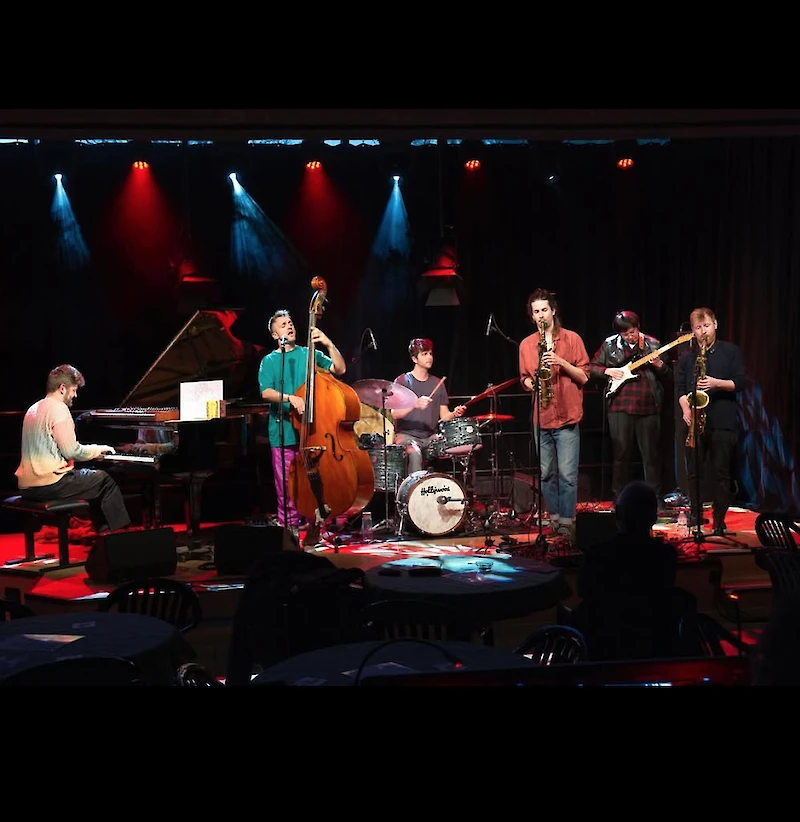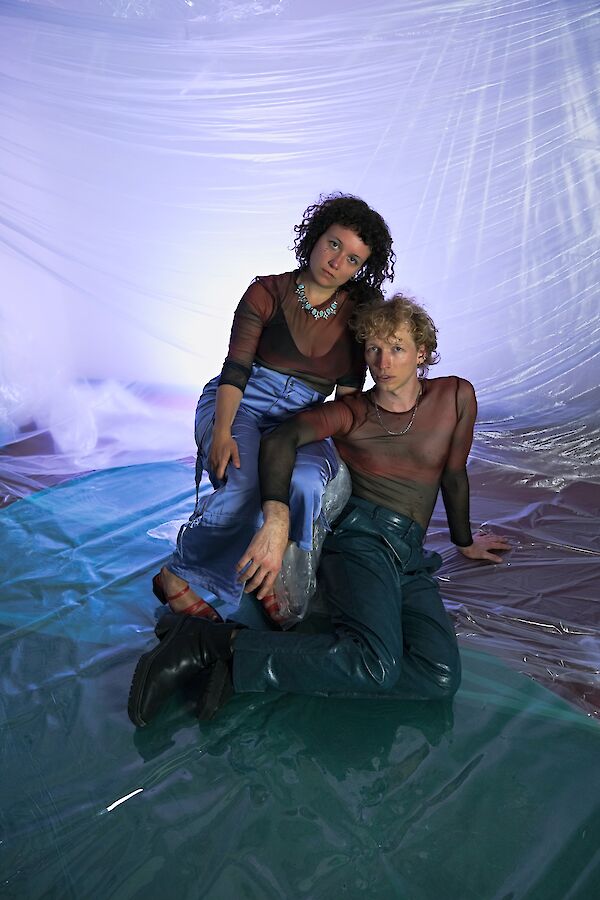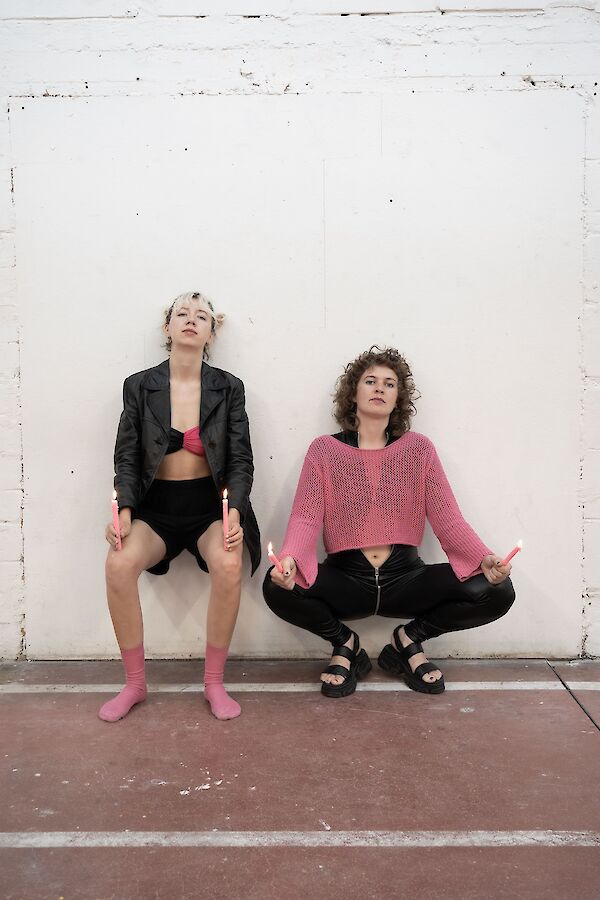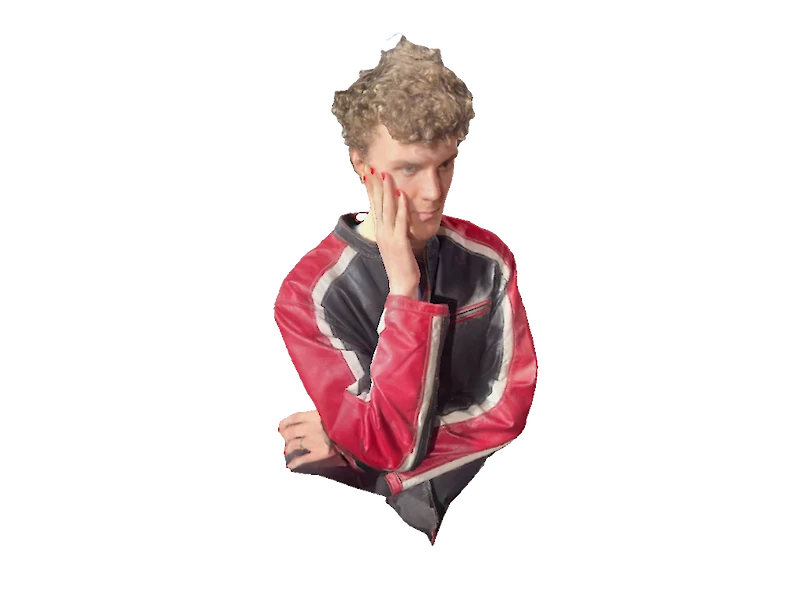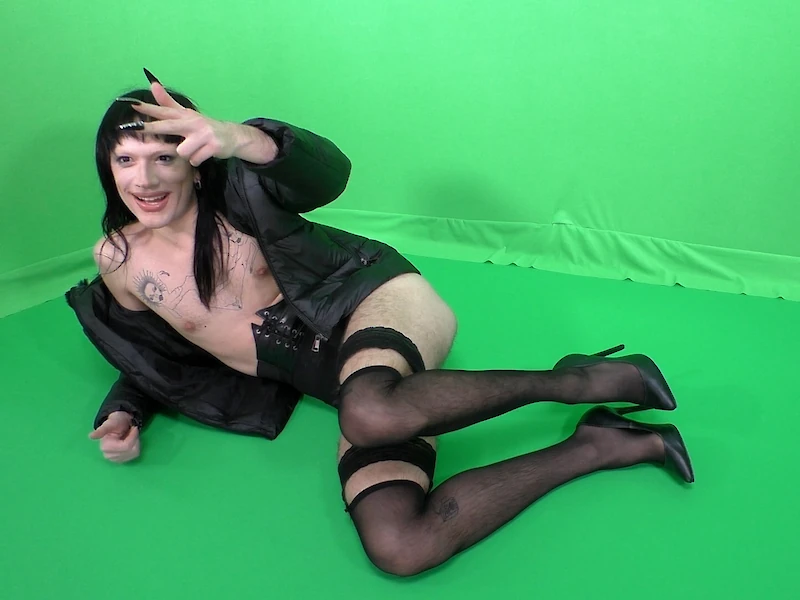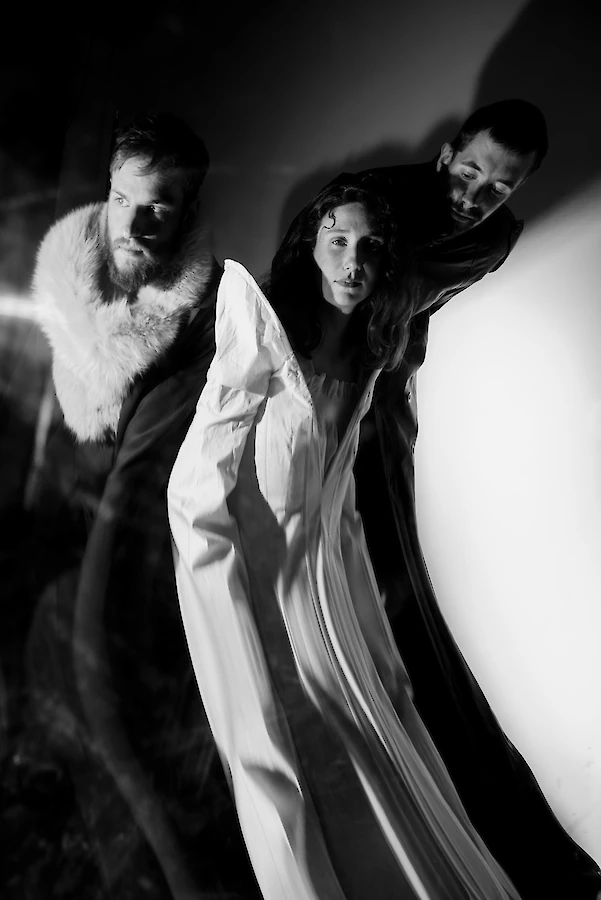conversations on facing violence
Come and learn about the ways in which African identity and culture have been used to resist, build communities and create alliances. With Olave Nduwanje Basabose
#womensrightsweek
Among many things, the decolonial call to arms asks us to engage in open-ended and multidimensional investigations of identity and culture; it asks us to investigate alternatives to the Western empire's supremacist worldviews, its monoculture and fixed psycho-social identities.
Olave invites you to join her in conversation with researchers and grassroots organisers for insight into the ways in which Africans – in Brussels and on the continent – continue to innovate, reformulate, revive and engage with tradition, identity and culture.
Burundi-born Olave Nduwanje (she/her) is a published author, legal scholar, educator (on anti-racism, LGBTQI+ rights, climate justice, etc.), curator and facilitator. Nduwanje has provided literary contributions to the following titles: Zwart-Afro-Europese literatuur uit de Lage Landen (2018), De Goede Immigrant (2020) and Being Imposed Upon (2020). She has been based in Brussels since 2019.
TH 02.03 19:00
A history of organizing across racialised communities
Speakers: journalist Pat Patoma & Ayoub Bouda (Justice for Mehdi)
in French
A significant number of people living in Belgium are part of communities that have experienced generations of the violence of racialization. Racialization is a political process that involves assigning a group a racial/ethnic identity for the purpose of institutionalizing socio-political domination, economic exploitation, police repression and cultural marginalization. But where there is institutional violence, there is organized resistance. Tonight, we investigate and explore the history of organized resistance against racism in Belgium. With journalist Pat Patoma and community organizer Ayoub Bouda, we seek to better understand how racialized communities have historically (and presently) worked together towards their collective socio-economic emancipation and liberation.
Pat Patoma was born in 1961 in the former eastern province of DRCongo and came to Belgium in 1982 to study at the Ecole Supérieure De Radionavigation in Brussels. He made radio shows for Radio Campus (ULB) and Radio Air Libre, and is a pan-African activist.
Ayoub Bouda was born in 1994 in Brussels. On 20 August 2019, he lost his 17-year-old brother, Mehdi, when Belgian police fatally hit him with their vehicle. He is the founder of the collective Justice for Mehdi, and of the non-profit organisation Atlas. Ayoub Bouda was awarded the Human Rights Prize 2021 by the Liga voor Mensenrechten for his commitment. Since the tragic death of his only brother, he has been actively involved in the fight against police violence, especially in Brussels.
WE 08.03 19:00
Fighting for Gender and Sexual Diversity in modern Africa
Speakers: Shakiro and Nick Arnaud Giriyuja
in French
On International Women's Day, we invite you to a conversation with transgender activists from Cameroon and Uganda on the criminalization and victimization of LGBTQIA+ communities. Shakiro (she/her) and Nick-Arnaud (they/them) offer a testimonies of queer resistance in the two of the most aggressively trans and homophobic legal regimes on the planet. Legal regimes that are directly inherited from western colonial administration and morally legitimated by Christian fundamentalist actors. Expect a rich conversation about tradition, politics, religion, colonialism, resistance and liberation.
Shakiro (she/her) is a Cameroonian-born transgender woman. She is a social media star, LGBTQIA+ activist and refugee from government and social persecution. After nearly being killed by repeated violence in Cameroon, where homosexuality and trans identity are illegal, she was given a humanitarian visa by Belgium.
Nick Arnaud Giriyuja (they/them) is political refugee from the Great Lakes region, *G in LGBTQIA+ queer activist dealing with migration issues in Belgium, with a focus on the hosting and well-being of LGBTQIA+ migrants in Belgium. Artist in their spare time.
TH 16.03 19:00
The Coloniality of Ethnicities, Tribes and Clans
in English
In an informal conversation, we are exploring the evolution - and fixation - of African pre-colonial ethnicities, cultures and traditions. In her work, Olave investigates the fraught nature of pre-colonial ethnicity, tradition and culture as knowable identities, sources of authentic modern politics and/or strategies of resistance to change.
photo © Saskia Vanderstichele
